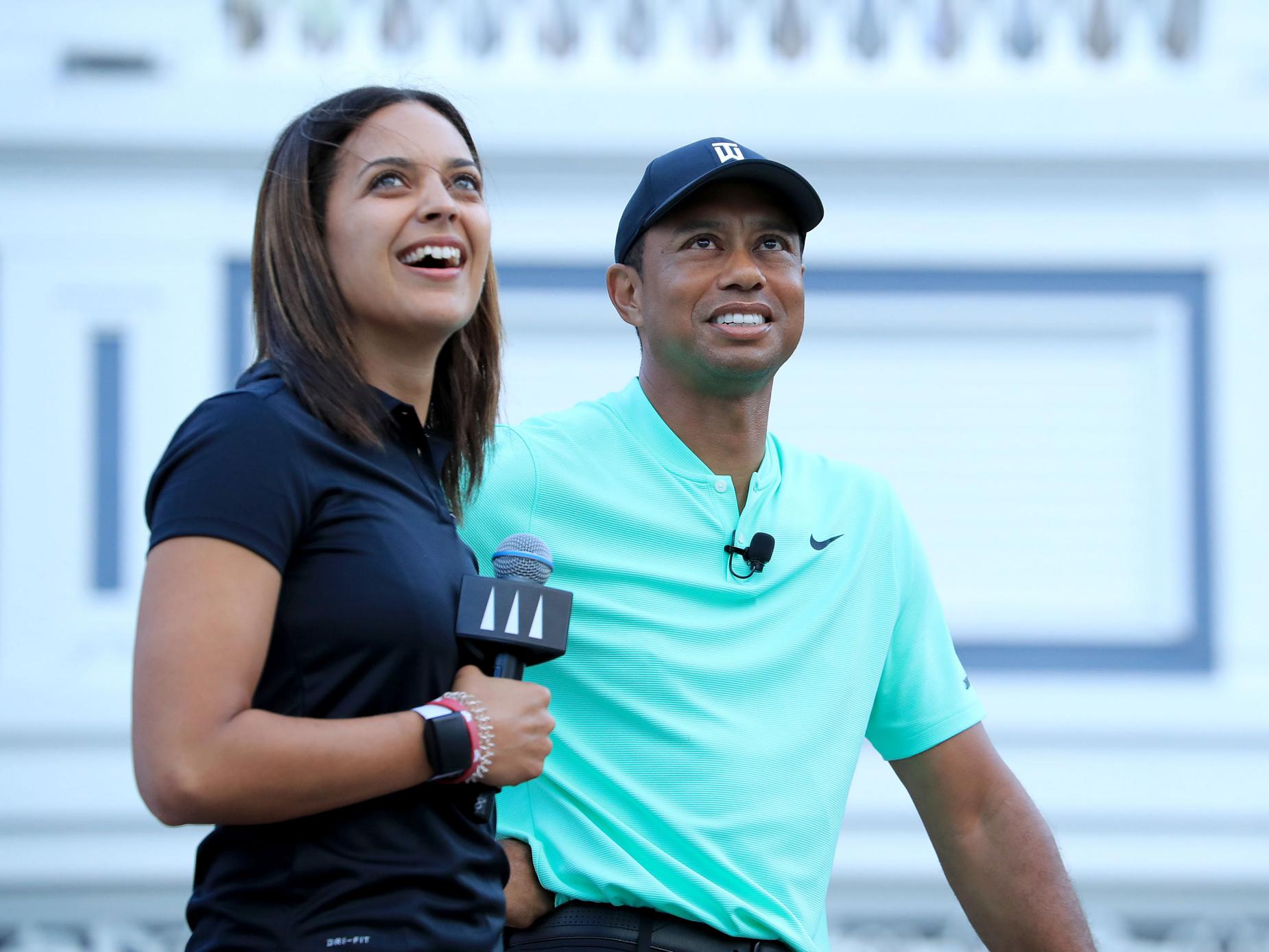David Cannon
By Henni Zuel
Editor’s Note: In the wake of widespread protests sparked by the killing of George Floyd in Minneapolis, GolfTV’s Henni Zuel has emerged as a leading voice on the role golf can play in the larger discussions of racial inequality. She expands on those thoughts below.
• • •
I wanted to change my name to Claire. I cried about it multiple times. It was the whitest name I could think of, and it was different from my own, and girls named Claire didn’t have hair like mine. My family and I joke about it now, but it was no laughing matter back then. All I wanted—all I so desperately wanted—was to fit in.
And then golf came into my life. I work as a broadcaster these days, but in my past life I was a decent player. I played in a Ladies European Tour event at 13, I left school at 16, turned professional at 18, and spent the next seven years playing around the world. Golf allowed me—a mixed-race child from a household that often struggled to put food on the table—to travel the globe, meet incredible people and, most importantly, to believe in myself. It helped me blossom from a girl who wanted to be Claire into a woman who loves being Henni, a woman who knows that standing out is cooler than fitting in. Golf is the reason I have the job I have now. It’s the reason I have my amazing husband and my incredible friends. Golf has given me my entire life.
But golf hasn’t been as kind to so many others. We all know golf’s long history of exclusion. And to this day, only 3 percent of recreational golfers are black. There are many clubs that still, in 2020, do not allow women as members. For so many, this sport represents a bastion of white male elitism, a symbol of those executive suites and boardrooms where people of colour are not always welcome.
Virtually every person of colour involved in golf has experienced racism in this sport, whether obvious or covert. Myself included—sometimes it’s a look, or a judgmental tone, or someone asking “Are you lost?” This isn’t to compare what I’ve experienced to the murder of George Floyd, or to so many others who suffered that same tragic fate. But racism isn’t only worth our attention when it makes the news, and these protests aren’t just about the murder of black people by police. They’re about ending racism in all its forms. That image of George Floyd, with a knee digging into his neck as he searched desperately for a breath—it’s a symbol for what so many people of colour have felt for so long. It can be suffocating, simply looking the way you do.
I don’t want to beat down golf as an entity. Quite the opposite, really—I love the game to my core, and my experience in it has been overwhelmingly positive. I know the power this game can have.
But where does golf fit in to the conversation currently happening in this country? Why is this golf’s problem? It’s a two-fold answer. First, sport has an unmatched ability to bring people together. It is our common language. This Nelson Mandela quote comes to mind: “Sport has the power to change the world. It has the power to inspire. It has the power to unite people in a way that little else does. Sport can create hope where once there was only despair. It is more powerful than government in breaking down racial barriers.”
Secondly, golf’s exclusionary past and elitist reputation put it in a unique position to make an impact. How powerful a statement it would be for a game with golf’s history and golf’s influence to say: Not only are you welcomed here—we want you here. We want to hear from you and we want to play with you. We want you to be part of the conversation.
So, what can golf do to embrace people of colour? We must all do our part, from high-level executives at huge golf organizations to casual weekend warriors. No one is too big or too small to take a stand and make a difference. If you’re a leader, express your support loudly and clearly, and use your influence to help diversify this game. If you’re a teacher, go out of your way to ensure the people taking lessons with you aren’t only white. If you’re donating clubs, do so to an organization that works with children and people of colour. Invite someone you normally wouldn’t to join you next time you play. Simply put: Go out of your way to make non-white people feel welcome and wanted. Coming from a golfer, it will mean more than you know.









